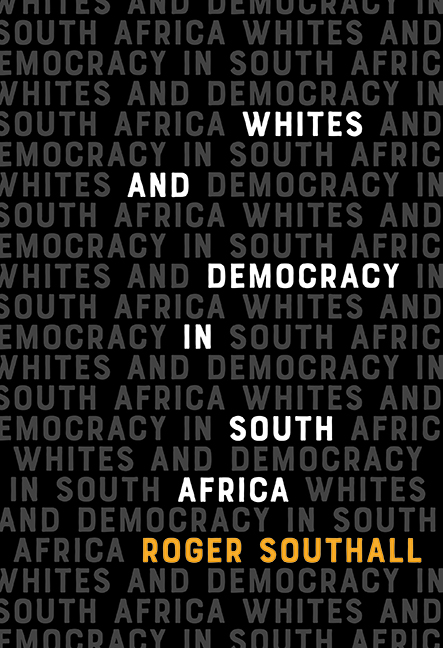7 - Staying Put and Getting on with Life
Published online by Cambridge University Press: 26 May 2022
Summary
In 2009, Canada's Immigration and Refugee Board (IRB) granted asylum to Brandon Huntley, a white South African, finding that he ‘had a well-grounded fear of persecution on the grounds of his race’, adding that the South African government displayed ‘indifference, or inability or unwillingness … to protect white South Africans from persecution by African South Africans’. The South African government reacted by warning the Canadian government that the decision could damage relations between the two countries. Politicians, newspapers and talk radio in South Africa were near unanimous in pillorying the IRB's decision, with Huntley becoming the butt of mockery among both black and white. Deeply embarrassed, the Canadian government sent the case back to the IRB for another look; the IRB now concluded that Huntley was not, in fact, in need of protection; and when eventually his appeal against that judgement reached the Federal Court of Canada, it was dismissed, and he was given thirty days to leave the country. While the court recognized that there were genuine human rights concerns in South Africa, it concluded that the evidence did not point to the generalized oppression of whites. Three years later, the court turned down a similar bid for refugee status by a white South African family, the Endres, the Canadian government having argued that their claims of persecution on account of their being white and Afrikaans were based upon ‘patently unreliable racist propaganda’.
Notwithstanding the absurdity of these bids for asylum, there were many suggestions that white South Africans were fleeing the country in alarming numbers. In 2017, a manager at an agency assisting emigrants claimed that the exodus of South Africans in 2018 would break records. He spoke of whites’ concerns around safety and security, education, the weak currency, lack of job opportunities and ‘of course’ the ‘political instability’, and lamented an alarming brain drain of ‘doctors, engineers, our finance industry, our lawyers’, all of whom were high earners and high taxpayers. Most would have been heading for Australia, Canada, New Zealand, the United Kingdom and the United States, many resettling through family ties and historical origins and often moving to particular localities inhabited by other South Africans.
- Type
- Chapter
- Information
- Whites and Democracy in South Africa , pp. 138 - 155Publisher: Boydell & BrewerPrint publication year: 2022

